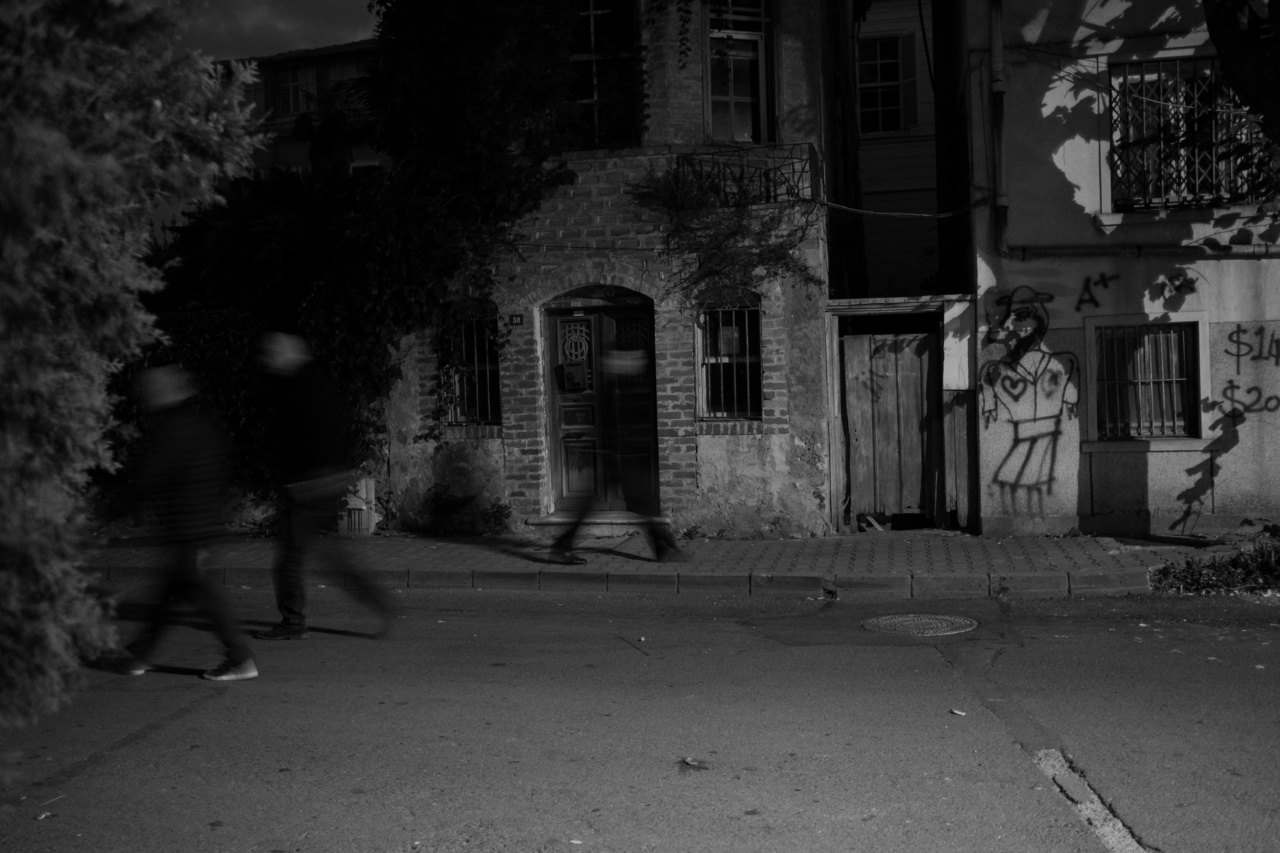Dementia is a chronic disorder that affects millions of individuals worldwide. It is characterized by cognitive decline, memory loss, and impaired communication, among other symptoms.
Recent research studies have identified a possible relationship between waking up at night and a higher incidence of dementia in older adults. This article explores the available evidence connecting these two aspects.
What is Dementia?
Dementia is a collective term for a group of symptoms that affect memory, thinking, and social abilities. It is a progressive disorder that worsens over time and impacts the individual’s quality of life.
The most common type of dementia is Alzheimer’s disease, affecting approximately two-thirds of all dementia cases. However, other forms of dementia exist, including vascular dementia, which caused by impaired blood flow to the brain.
What are the Symptoms of Dementia?
The symptoms of dementia vary depending on the type of dementia and the severity of the condition. However, some of the common symptoms include:.
- Memory loss
- Difficulty communicating
- Issues with spatial awareness and coordination
- Mood swings and changes in personality
- Loss of interest in hobbies and activities
- Impaired judgment and decision-making skills
What is the Relationship Between Waking up at Night and Dementia?
A growing body of research studies has identified a possible link between waking up at night and an increased risk of developing dementia.
According to a study published in the Journal of the American Medical Association, individuals who woke up frequently during the night had a 68% higher chance of developing dementia compared to those who had uninterrupted sleep. Additionally, a study in Frontiers in Aging Neuroscience found that individuals with disrupted sleep patterns experienced cognitive decline and increased beta-amyloid buildup in the brain – a protein linked to Alzheimer’s disease.
Another study published in Neurology found that individuals who had sleep apnea, a condition that causes breathing interruptions during the night, had a higher risk of developing dementia.
Sleep apnea can cause decreased oxygen levels in the brain, affecting cognitive function and increasing the likelihood of developing dementia.
What are the Risk Factors for Developing Dementia?
Aside from disrupted sleep patterns, several risk factors increase an individual’s likelihood of developing dementia. Some of these include:.
- Older age
- Family history of dementia
- High blood pressure and heart disease
- Obesity
- Engaging in smoking and heavy drinking
- Brain injuries
- Poor diet low in fruits and vegetables
How Can I Reduce My Risk of Dementia?
While some risk factors such as age and family history of dementia cannot be controlled, several lifestyle changes can reduce the risk of developing dementia. These include:.
- Maintaining a healthy diet rich in fruits and vegetables
- Exercising regularly
- Reducing stress levels through relaxation techniques
- Avoiding smoking and limiting alcohol intake
- Engaging in mentally stimulating activities, such as learning a new language or playing a musical instrument
- Getting quality sleep regularly
Conclusion
Dementia is a chronic disorder that affects millions of individuals worldwide. While some risk factors such as age and family history cannot be controlled, several lifestyle changes can lower the incidence of dementia.
One such factor is disrupted sleep patterns, which increases the likelihood of dementia. Therefore, it is essential to maintain a healthy sleep schedule and address any sleep disorders immediately to reduce the risk of developing the disorder.






























